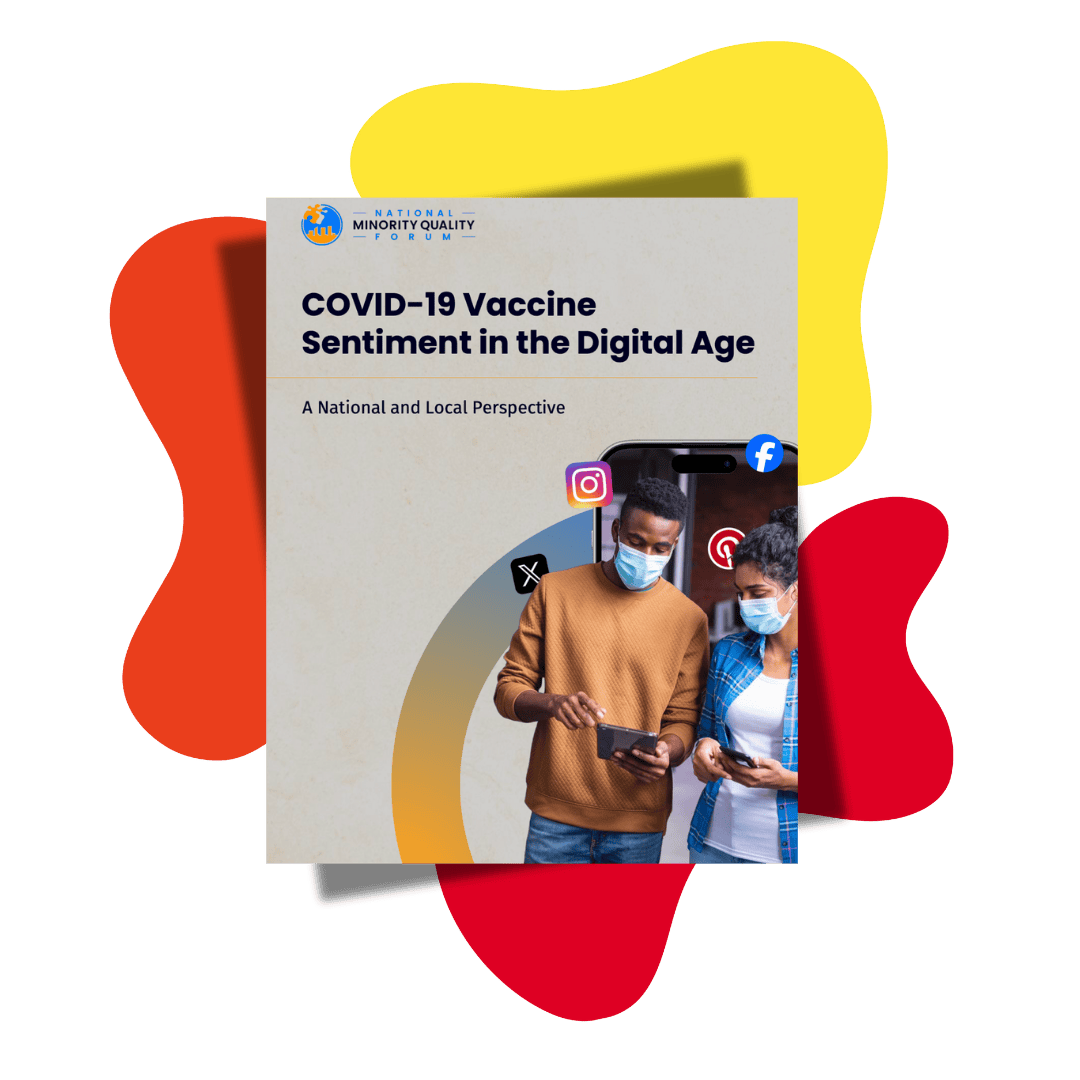Learn how to protect yourself and your loved ones from the latest COVID-19 variant.

What’s New with COVID-19?
A new, highly contagious COVID-19 variant is spreading rapidly—and it’s not just a mild case of the sniffles. Many people are experiencing more severe symptoms, including intense sore throats described as “like swallowing glass,” extreme fatigue, persistent coughing, body aches, fever, and nausea. Even those who were previously protected through vaccination or infection may find their immunity has waned, making them more vulnerable this time around.
Get Boosted
If it's been 6 months or more since your last COVID-19 vaccine or booster, you're likely due for an update. Staying current with vaccinations helps your immune system stay alert and ready to fight off new variants.
Test Early
Don’t wait for symptoms to get worse. If you’ve been exposed or are feeling even slightly off, take a COVID-19 test. Early detection is key to protecting others and accessing treatment when it matters most.
Mask in Crowds
Wearing a well-fitting mask, especially in indoor or crowded spaces, can drastically reduce the chance of spreading or catching the virus. It’s a simple step that protects everyone—especially our most vulnerable.
Rest & Hydrate
If you’re feeling under the weather, listen to your body. Get plenty of rest, stay hydrated, and avoid pushing through illness. Giving yourself time to heal can speed up recovery and prevent complications.

Curious about how communities really feel about COVID-19 vaccines today?
Our latest COVID-19 Vaccine Sentiment Report dives into national and local perceptions, emerging concerns, and trusted sources of information across diverse populations. Whether you're a health professional, advocate, or policymaker, these insights are essential for shaping effective outreach and building vaccine confidence.
Auntie Rona Is Back
Get clear, culturally grounded guidance to cut through misinformation and protect your family with updated vaccines, smart masking in crowded spaces, and trusted resources.
.png?width=1400&height=1081&name=Your%20paragrap1627h%20text%20(1).png)
Find A Vaccine Near You
.png)
FAQ's
-
Yes, COVID-19 vaccines were thoroughly tested among diverse groups, and safety monitoring shows they are safe across all racial and ethnic groups.
-
No, studies confirm that COVID-19 vaccines do not affect fertility or reproductive health.
-
No, none of the vaccines contain the live virus, so they can’t cause COVID-19 infection.
-
No, COVID-19 vaccines followed rigorous clinical trial processes. Prior research on coronaviruses accelerated the timeline without compromising safety.
-
Yes, clinical trials included diverse populations to ensure vaccine safety and efficacy for different racial and ethnic groups.
-
COVID-19 can cause severe illness and complications. Vaccines reduce the risk of hospitalization, especially for those at higher risk.
-
Vaccine-induced immunity is safer and more consistent, while natural infection carries a high risk of severe illness and long COVID.
-
Historical injustices have created mistrust, but COVID-19 vaccines are safe and developed with community input, unlike unethical studies of the past.
-
No, COVID-19 vaccines do not interact with or change your DNA.
-
Booster shots address new variants and waning immunity, helping to ensure ongoing protection.
-
Side effects are generally mild for all racial groups, and serious reactions are rare. Benefits far outweigh the risks.
-
Variants continue to emerge, and immunity can decline over time, so updated vaccines help maintain protection.
-
No, extensive research has found no link between vaccines and autism, including COVID-19 vaccines.
-
Updated vaccines are designed to target currently circulating strains, providing significant protection against severe illness.
-
Public health guidelines are designed to protect everyone, but they focus on supporting those at higher risk, such as immunocompromised individuals.
Social Media Misinformation
Stay Ahead of Auntie Rona – Subscribe Now

